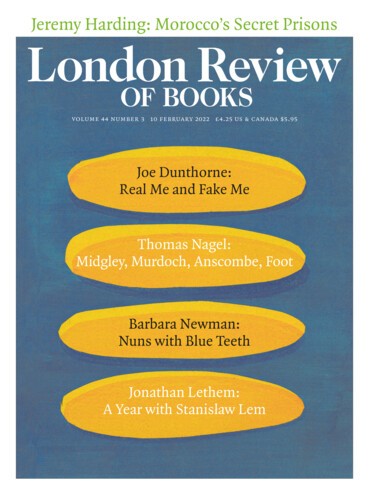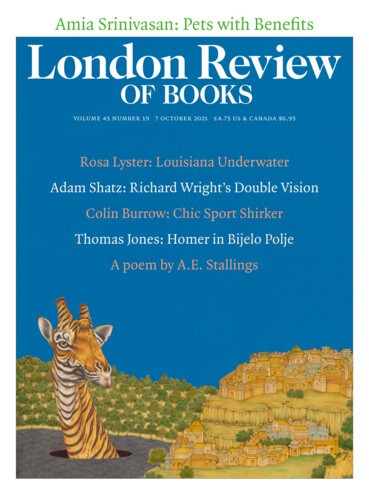‘Sir,’ Samuel Johnson said to Boswell as they toured the Hebrides:
a lawyer has no business with the justice or injustice of the cause which he undertakes, unless his client asks his opinion, and then he is bound to give it honestly. The justice or injustice of the cause is to be decided by the judge. Consider, sir; what is the purpose of the courts of justice? It is, that every man may have his cause fairly tried, by men appointed to try causes.
Johnson expresses the rationale for the ‘cab rank rule’ that barristers continue to obey.



